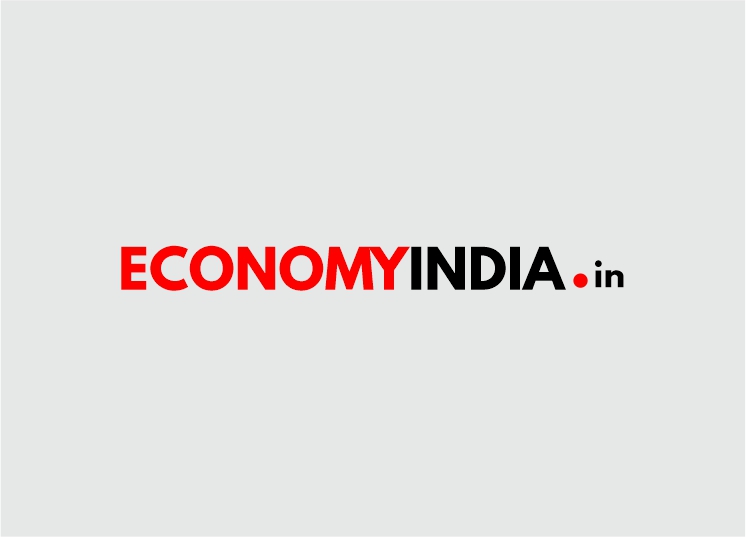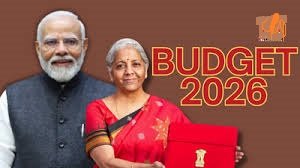It has been reported that The Reserve Bank of India will likely start raising borrowing costs from April as fresh curbs to tackle a resurgent Covid-19 outbreak could disrupt supply chains and drive consumer prices higher, according to Nomura Holdings Inc.
“It’s a more complicated situation for RBI, but substantial further delays in normalization would be tough because the global monetary policy backdrop is changing,” Sonal Varma, chief economist for India and Asia ex-Japan at Nomura, said in an interview to Bloomberg Television’s Rishaad Salamat and Haslinda Amin. “We are expecting 100 basis points of cumulative hikes this year”, the report said.
With inflation staying within target most of this fiscal year that began in April, India’s central bank has managed to keep borrowing costs at a record low to ensure a durable economic recovery in the face of risks from the omicron coronavirus variant. Nomura sees upside risks to its 5.6% full-year inflation forecast due to possible supply disruptions as states ratchet up pandemic curbs. Meanwhile, minutes of the recent Federal Reserve meeting pointed to an aggressive tightening path, pushing up yields of India’s bonds.
“The experience for India from both the first and second wave is that inflationary consequences of supply-side disruptions tend to be quite high,” said Varma. “So policy normalization is still likely and I think RBI begins with a repo rate hike in April meeting”, the report said.
Covid-19 infection rates in the country soared to more than 90,000 a day as of Jan. 6 — the highest level since mid-June. While the federal government has refrained from imposing a nationwide lockdown, states have resorted to steps such as weekend and night curfews to check the virus’s spread — measures expected to make a dent in India’s economy that is set to expand at the quickest pace among major economies this fiscal year.
“Restrictions are likely to become even more stringent,” Varma said. “There is still some amount of pandemic cushion that the government will need to keep in the light of the third wave. The overall fiscal deficit will remain elevated”, the report said. (Business Standard)













